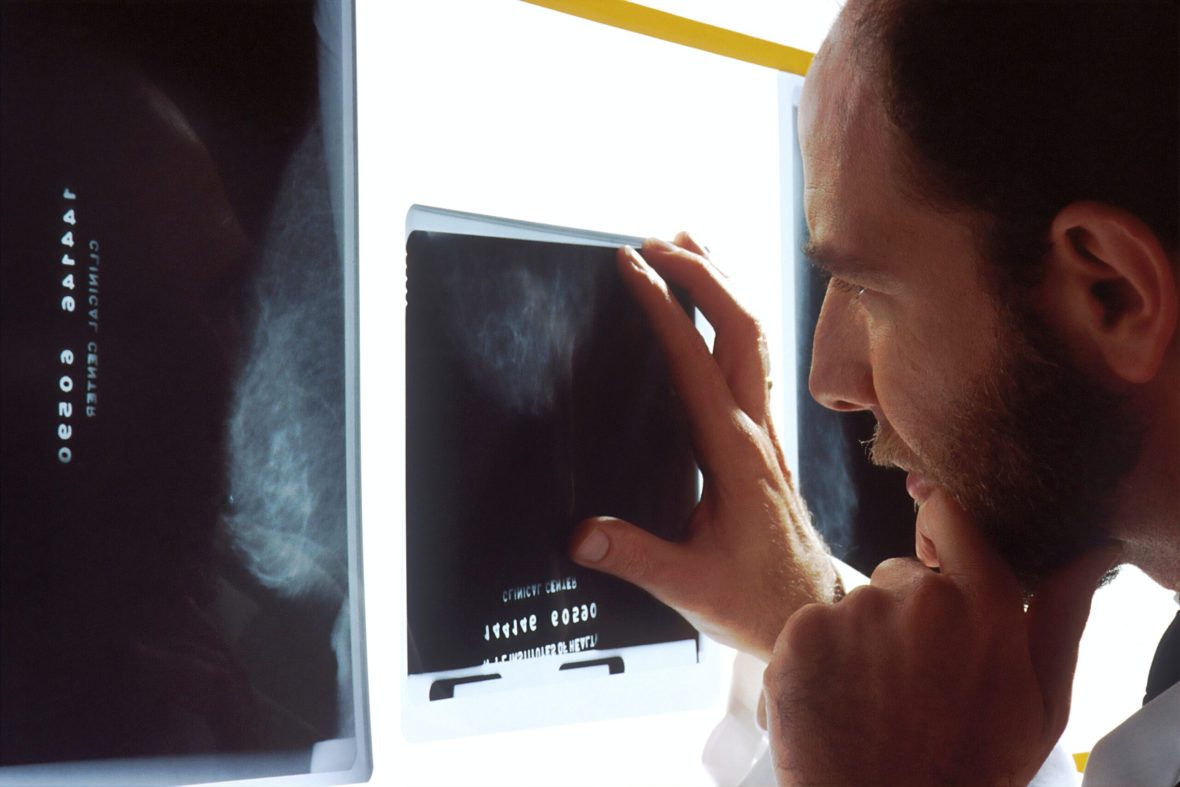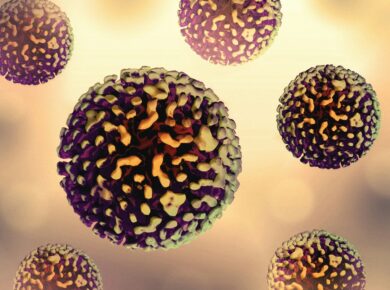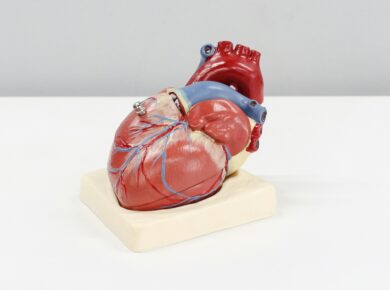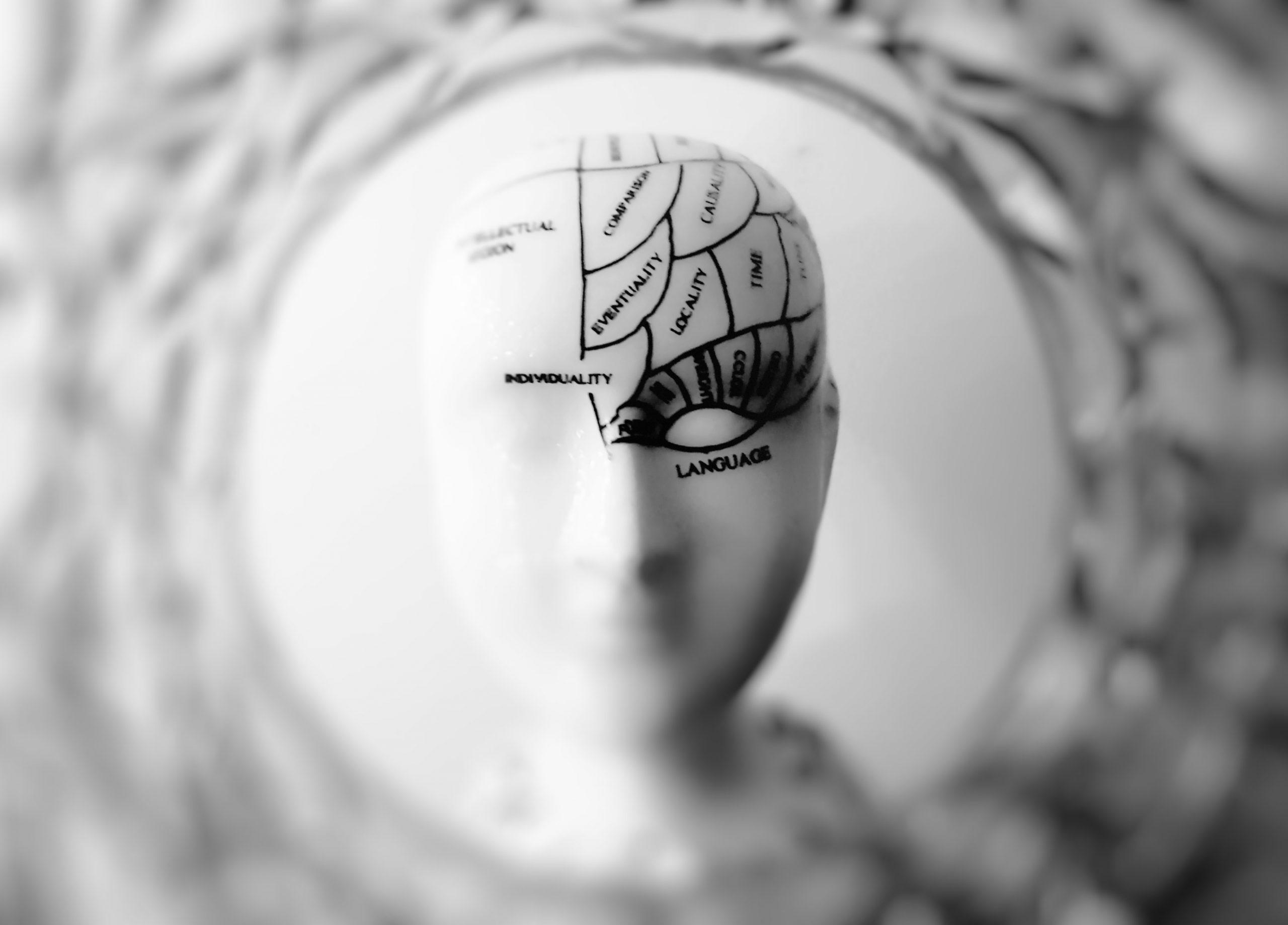The heart is undoubtedly one of the most important organs in the human body. Some health practitioners often dare to call it the engine room of the body. And that isn’t much of a surprise.
The heart, as one of the organs in the human body, is responsible for carrying out important functions. One other thing is that the heart has no twin substitute.
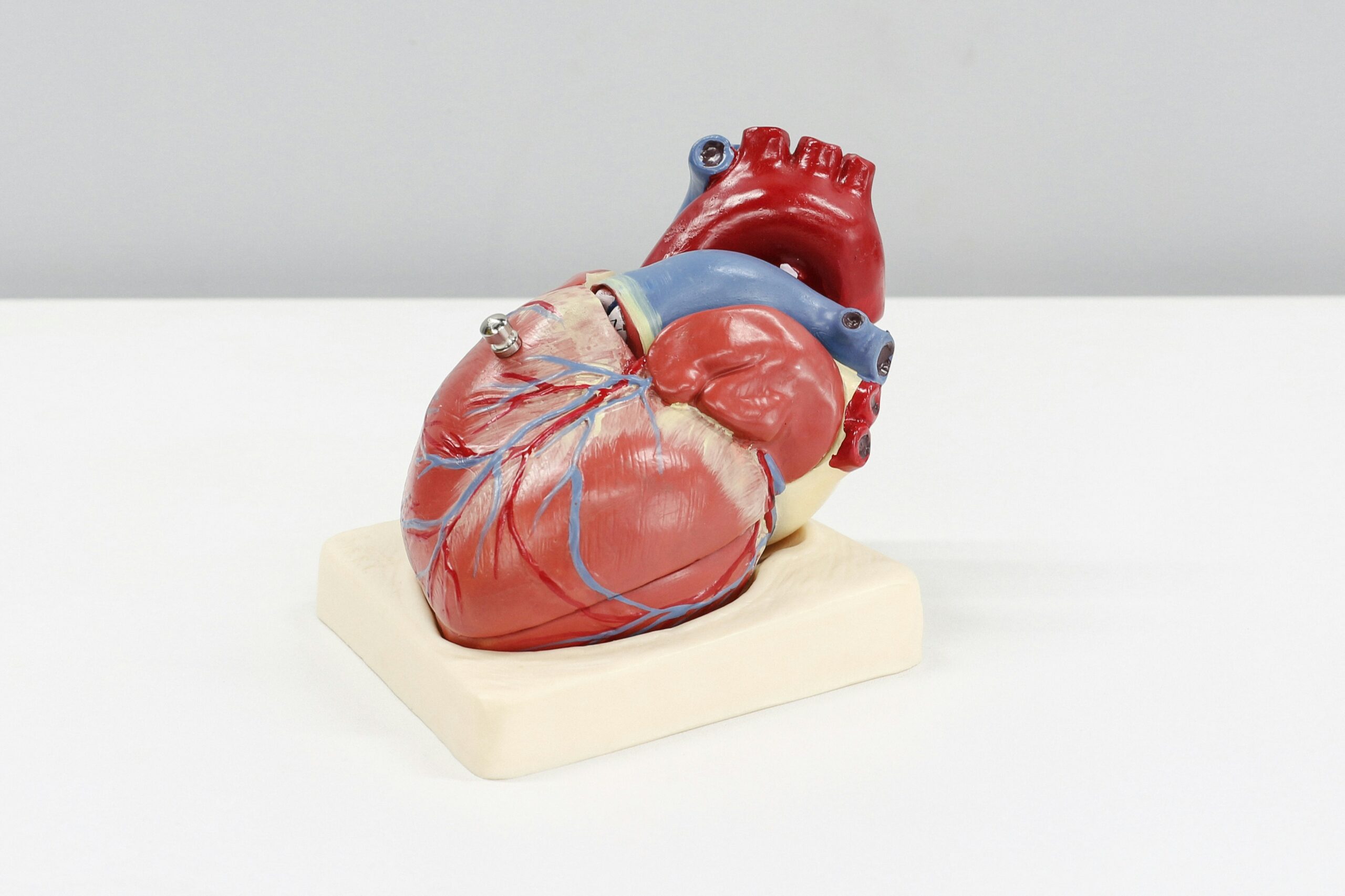
Unlike the kidney, which has a replica and can function and carry out the needed responsibilities in the body without the other, the heart is only one and highly unique in its functions.
Functions of the human heart.
Pumps Blood: The human he, as an organ, is responsible for several functions in the human body. The most widely known of them is the fact that the heart is responsible for pumping blood.
Blood, and we know it is life. It holds life. The human heart, then, is responsible for pumping this life into the body. It’s estimated that the heart pumps around 2,000 gallons of blood daily.
Blood circulation
Aside from being responsible for pumping blood in the human system, the heart is also responsible for the circulation of blood in the human body. The heart, through its constant beating, ensures there’s continuous circulation of blood in the human body.
Electrolytes regulation
More than pumping blood and getting it to circulate in the body, the human heart is also responsible for the regulation of electrolytes in the human system.
Electrolytes are minerals in the body that have an electric charge. They regulate the muscles and nerves in the human body, and they also balance the body’s PH scale.
Removing waste products
Another function of the heart in the human body is that it pumps oxygen-depleted blood carrying carbon dioxide and other waste products present in the body back to the lungs for exhalation and also to the kidneys for filtration and eventual excretion.
Hormone Transport
The human circulatory system is largely powered by the human heart. One main function that the heart delivers or contributes to the human circulatory system is that it helps transport hormones and other signalling molecules throughout the body.
Now with so many seeming fragility with the human heart, you might want to ask or find out the right way or usage of the heart.
What are some things that anyone can do that’ll bring about complications to arguably the most vital organ in the human body?
Several factors can deteriorate or contaminate the state or condition of the heart, leading to cardiovascular diseases or other heart-related issues that can generally weaken the state of the heart. Some of these factors include:
High blood pressure
The heart is meant or was designed to operate at a certain rhythm. Frequent unnecessary high blood pressure can weaken the heart and also weaken its overall functionality.
Too much cholesterol
There are foods in which the body accumulates too much cholesterol. Butter and oil are two of those foods that could contribute to the level of cholesterol in the body.
How can high cholesterol levels contribute to the health or state of the heart? When too much cholesterol is stored in the body, it can damage the heart muscle and blood vessels, which will eventually lead to low operations or functions of the heart.
Poor diet
One other thing that reduces the state of the heart is engaging in a poor diet. A poor diet simply means foods and edibles that lack the required minerals and nutrients that are needed by the body to function at the optimal state.
One food class that easily ranks as a poor diet is processed foods. Most processed foods have an unnecessarily high amount of salt and sugar.
The high amount of sugar and salt present in most processed foods can lead to high blood pressure and gradually deteriorate the heart in the process.
Excess intake of alcohol
Classified as a beverage to many, alcohol is one of the most widely consumed liquids on the planet.
And it’s simultaneously one of the leading causes of high blood pressure and many heart diseases. There’s probably no other way to speedily deteriorate the condition of the heart than frequent alcohol intake.
Smoking
You probably saw this coming… smoking. Cigarettes have a great chance of contributing to the deterioration of heart health.
Aside cancer cancer-causing elements that are abundant in most cigarettes, they also damage blood vessels, increase blood pressure, and reduce the supply of oxygen to the heart.
Environmental toxins
Constant exposure to pollutants contributes to the risk of getting heart disease, or at the very least, it could contribute to the heart getting worn out. Certain gases are released into the air, which can negatively impact our heart health.
Pesticides, heavy metals, and all other chemicals in personal care products can lead to inflammation and oxidative stress. There is also a high chance that they trigger high BP and cause cardiac dysfunction.
How can you maintain the state of your heart?
Regular exercise
You probably didn’t see it coming. But truly, the way to develop a healthy heart isn’t to do frequent heart surgeries or get to live a seemingly calm life where you don’t want to trouble your heart’s beating speed.
There are food items that hold the potential to clog up the human heart faster than many would imagine. Butter and cheese fall under these categories of food items.
Exercises of different kinds can help generate an adequate amount of heat that’s needed to unclog them after getting clogged up by food items like cheese and butter.
Aerobic exercises like jogging, resistance training like weight lifting, and high-intensity interval training (HIIT) are good examples of exercises that could improve or maintain the condition of the human heart.
The only condition is that you’re consistent, but start slow and find the ones that are naturally convenient for your body.
Eat a balanced diet
Another way to improve the state or the quality of your heart is to eat foods that are filled with the right nutrients that are beneficial to the state of your heart. Instead of processed and packaged foods, eat a balanced diet that’s rich in protein.
To perfectly balance things, try to stay away from any food that contains too much sugar (especially artificial sugar).
Reduce salt (or any other major food that contains high levels of sodium) intake. Incorporate healthy fat into your diet by choosing groundnuts and cashew nuts as occasional snacks.
Get enough sleep daily.y
Getting adequate sleep is one of the key factors that are needed to maintain the quality of your heart. When we’re awake, the heart gets to pump blood or gets to work at a slightly faster rate.
But when we’re asleep, there’s less pressure on the heart to pump blood. Not that the heart doesn’t get to work while we’re asleep. Only that it works in a much-rested mode.
So the idea of getting adequate time to sleep every day or each day is to allow the heart to balance itself and not slide into overtime or overwork mode.
Get enough potassium and omega-7 fatty acids.s
Potassium is the natural counter element for sodium. Sodium is one notable cause of increased heart rate and high blood pressure (HBP).
Intentionally inculcating potassium into your diet is known to reduce high blood pressure and ultimately help you regulate your blood pressure. Omega-7 fatty acids are commonly found in fruits like pears (avocados) and oily fish.
Omega-7 fatty acids are known to support heart health by reducing inflammation and improving lipid profiles.
Maintain your weight
Most people don’t like being told to reduce their weight, especially when they have an obvious plus-size body. They often take it as body shaming, and sometimes the idea is to cut themselves down into a broomstick figure.
Having an ideal body weight isn’t all about avoiding slimming down. You can have a heavy body and essentially still maintain a light body.
The goal or the objective is to maintain your body weight, and that’s directly related to the amount of fat you have present in your body. Most people who are overweight have an unnecessary amount of fat in their bodies.
And by having an excess amount of fat in their bodies, their hearts will experience difficulty in the free flow and distribution of blood. Fat, when it gets too much, does more harm than good.
Use music for your health.
Studies have shown that listening to the right kind of music can evoke joy and relax you. And when you’re relaxed, your blood pressure gets lowered, your heart rate regulates itself, and stress hormones disappear.
Laugh (out loud if possible)
Laughter affects the rhythm of the heart. For anyone who has been depressed, there’s a chance their heart might have been reluctant to pump blood. Laughter could easily serve as a positive charge that’ll bring the rate at which the heart pumps blood into normalcy, the rate at which the heart pumps blood in cases like this. Read more related posts on our medicine and health page of the site.
